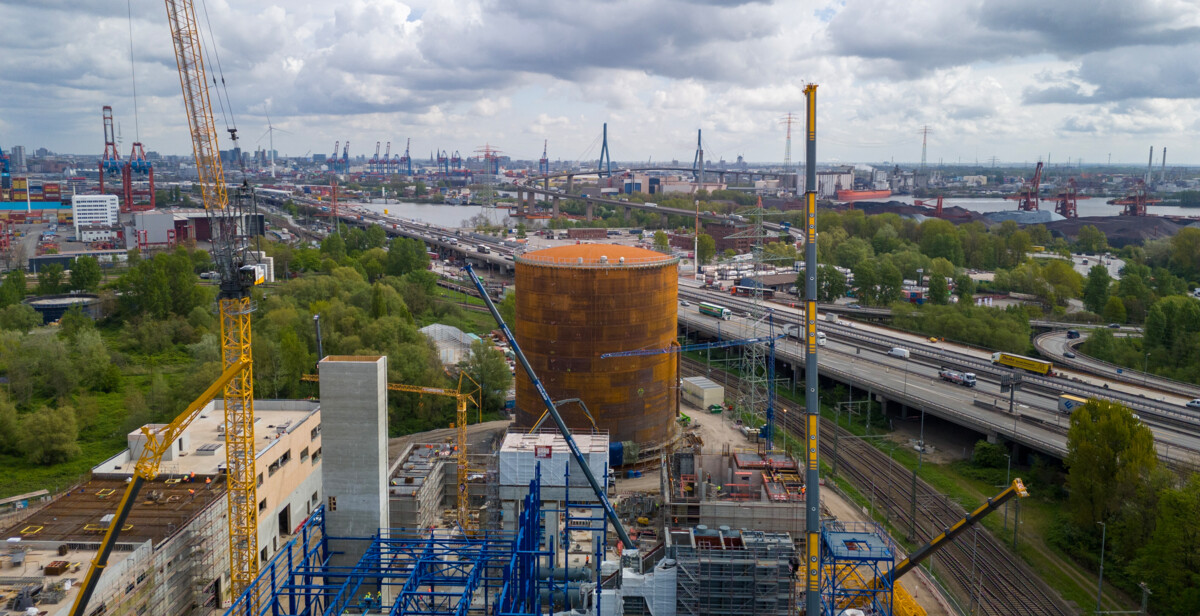


“District heating is central to the energy transition. Decarbonisation will allow us to significantly reduce CO2 emissions in the building sector. We are showing that climate protection and the energy transition can work in a city like Hamburg,” said Christian Heine, Manager of Hamburger Energiewerke. Demand for district heating was high in 2023 and saw HEnW conclude contracts for 39.5 megawatts of thermal capacity or an additional 13,000 residential units. A total of 544,000 residential units were supplied with district heating last year. Several projects are being advanced to phase out coal by 2030 and expand the district heating network. They include the start of drilling for a district heating pipeline under the Elbe River and the new heat storage facility on Georgswerder Damm in south Hamburg. The measures should open up areas for the expansion of district heating. From summer 2024, residents of Hamburg can use a digital tool on the website to see whether they are likely to be connected to the district heating network.